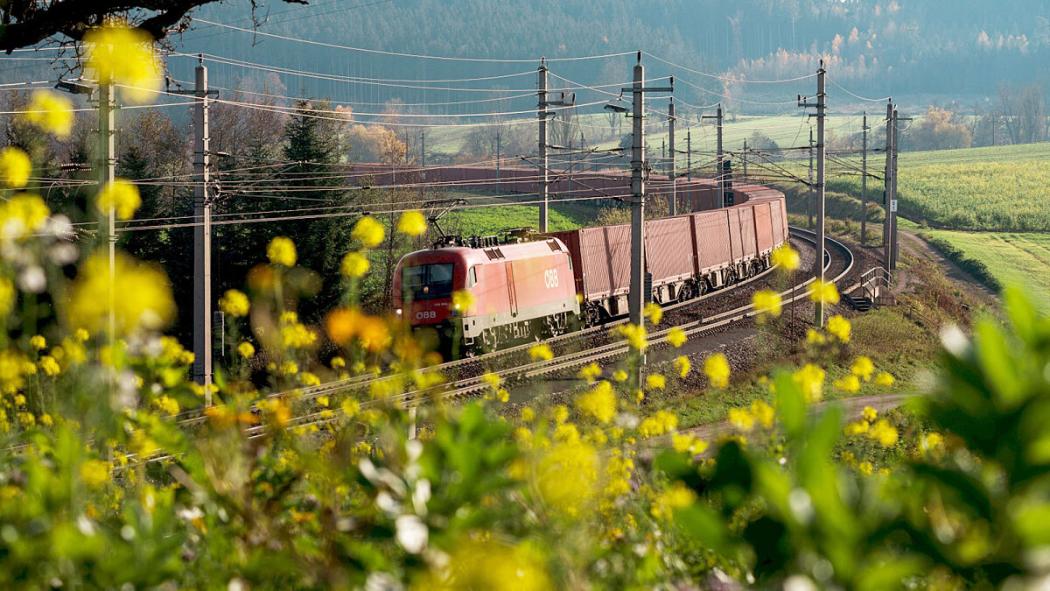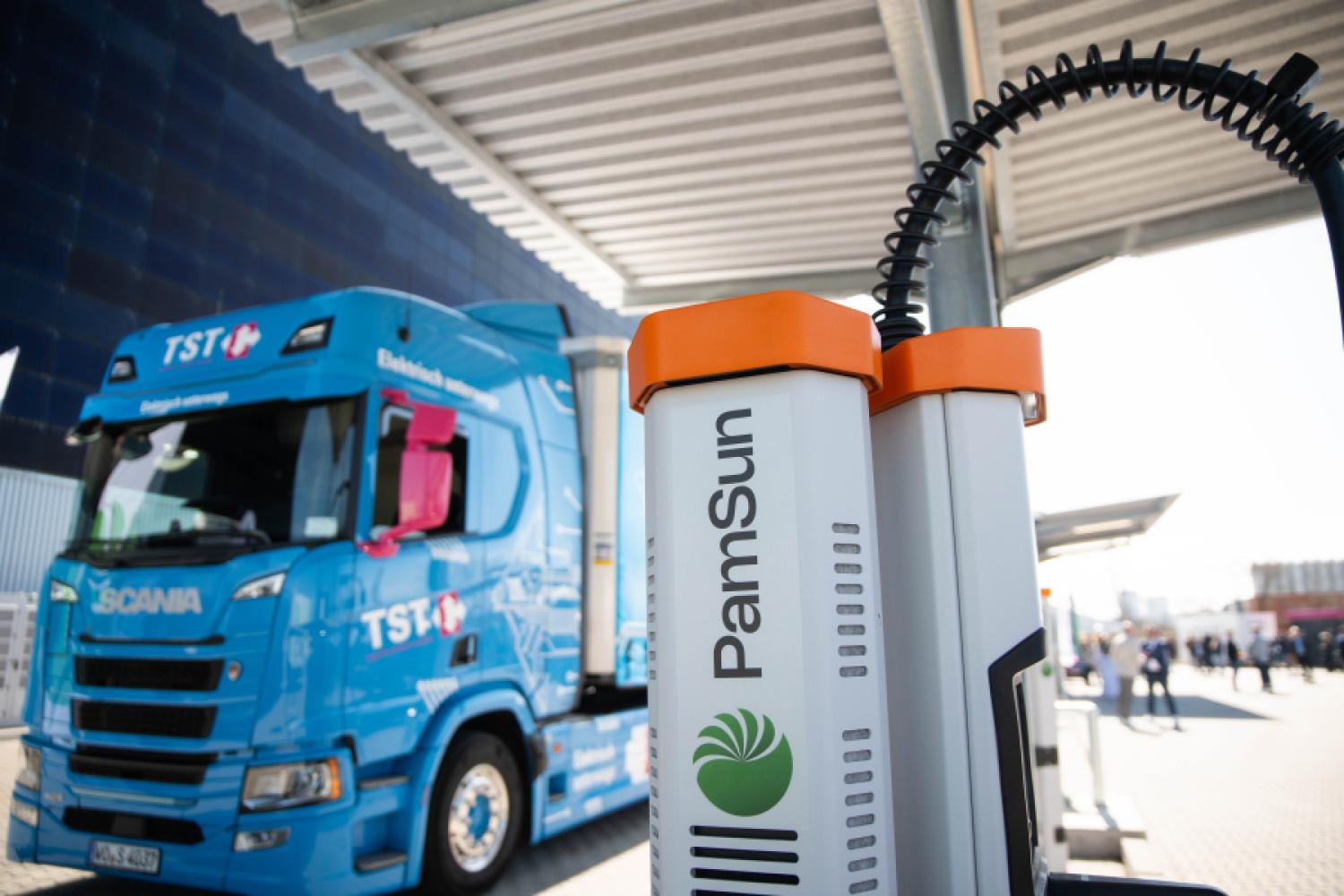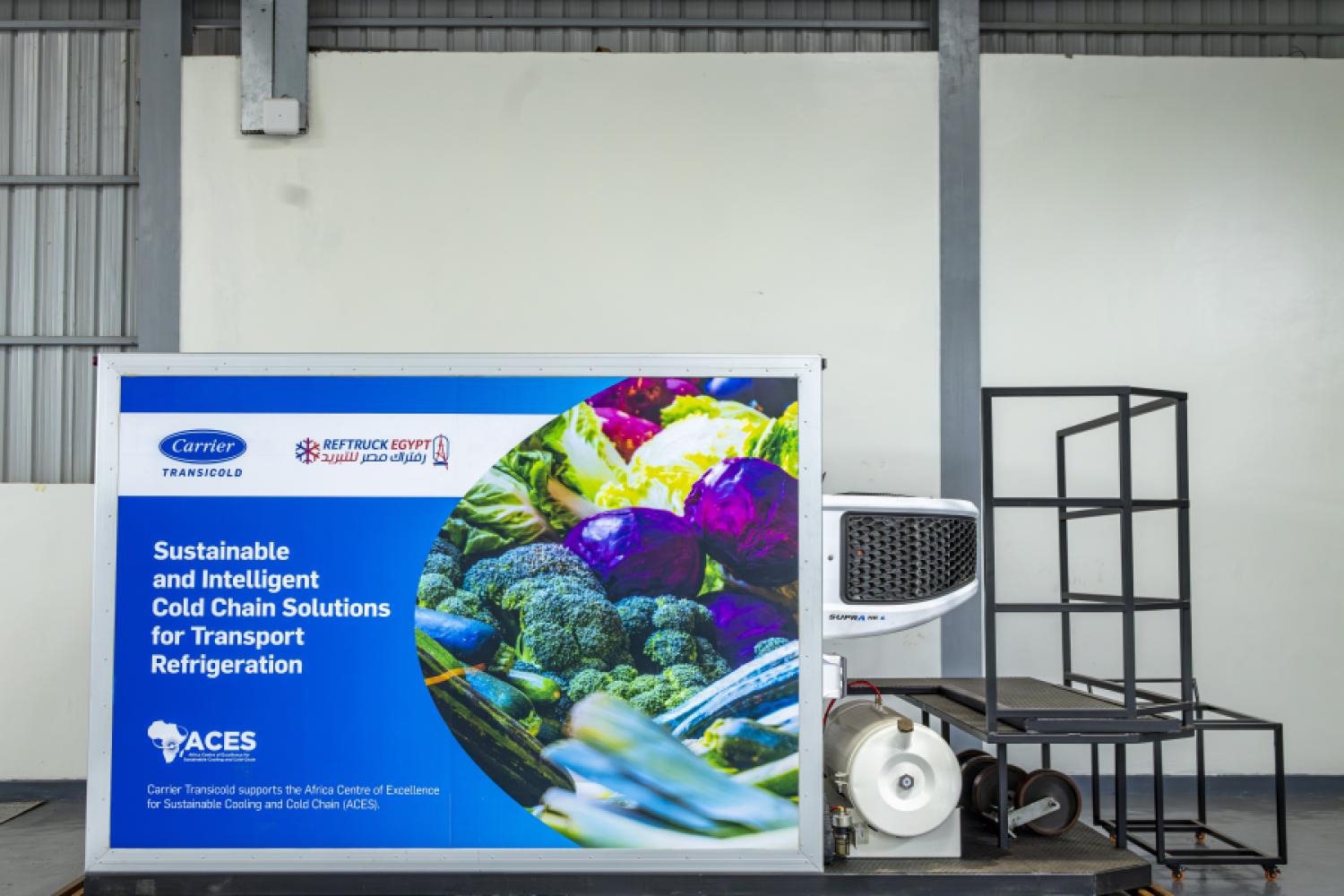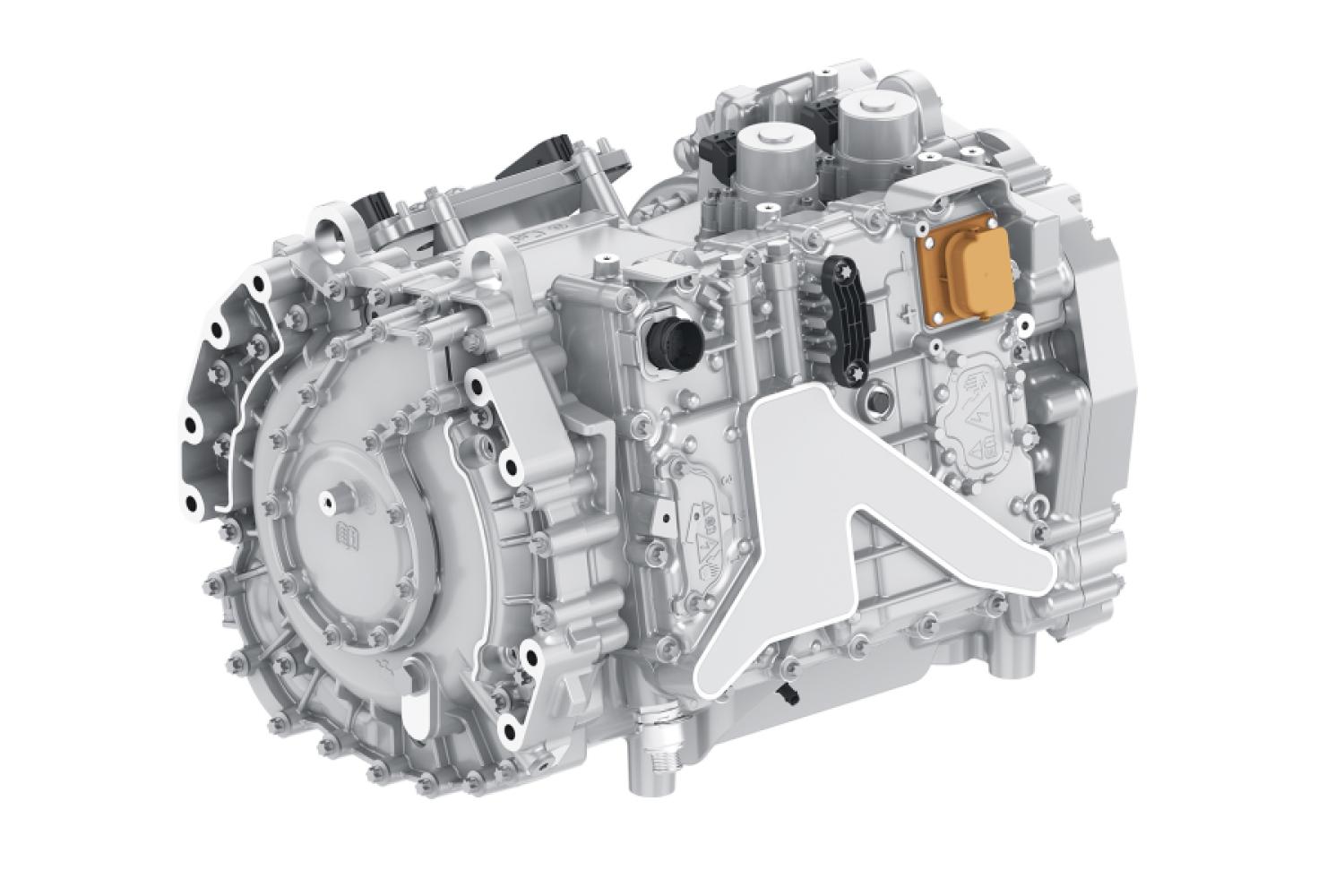New connections and additional circuits are promised by the ÖBB Rail Cargo Group (RCG) between Western, Central, and Southeastern Europe. For example, the new TransFer Sopron–Arad is intended to expand the international offering.
New TransFer Sopron–Arad
According to company information, individual wagons and groups of wagons are consolidated into entire trains through the logistic hub Sopron (Hungary) and transported to Arad (Romania) near the Hungarian border within 24 hours.
The TransFer aims to combine short transit times on regular routes with sustainable transport solutions in conventional wagonload traffic. Additionally, supplementary shipping services
such as transshipment, warehouse logistics, commissioning, and door-to-door deliveries are offered.
More circuits between Genk and Curtici
The RCG also wants to strengthen transport solutions to and from Romania in intermodal traffic: The TransFer Genk–Curtici will be increased to six circuits per week and is intended to connect Belgium even more efficiently with the terminal location Curtici in western Romania – the service is suitable for the transport of containers, swap bodies, trailers, and semi-trailers.
Even non-craneable semi-trailers can be transported. The provider promises fixed timetables, additional services, and a transit time
of approximately 40 hours.
Circuit increase for TransFer Belgrade–Rijeka
The company has also announced the circuit increase for the TransFer Belgrade–Rijeka: This will be increased from two to three circuits per week in response to the rising demand in the Western Balkans.
The TransFer connects the Nelt container terminal near Belgrade directly with the port of Rijeka in Croatia, through which around 70 percent of goods transport to and from Serbia is handled. The advantages mentioned by the company include own traction, short transit times of up to 24 hours, and additional
services like pre- and post-run.
TransFer Vienna–Duisburg
For two months, the TransFer Vienna–Duisburg has been on track – now with two fixed weekly circuits as a supplement to the heavily frequented TransFer Budapest–Duisburg, as stated.
The transfer is expected to provide added value for intermodal traffic due to transit times and direct antenna connections to Hungary, Italy, and within Austria.
According to RCG, the plan is to specifically advance the expansion of the TransNet – with the goal of ensuring plannable, stable rail transports and strengthening the central economic areas of Europe.






